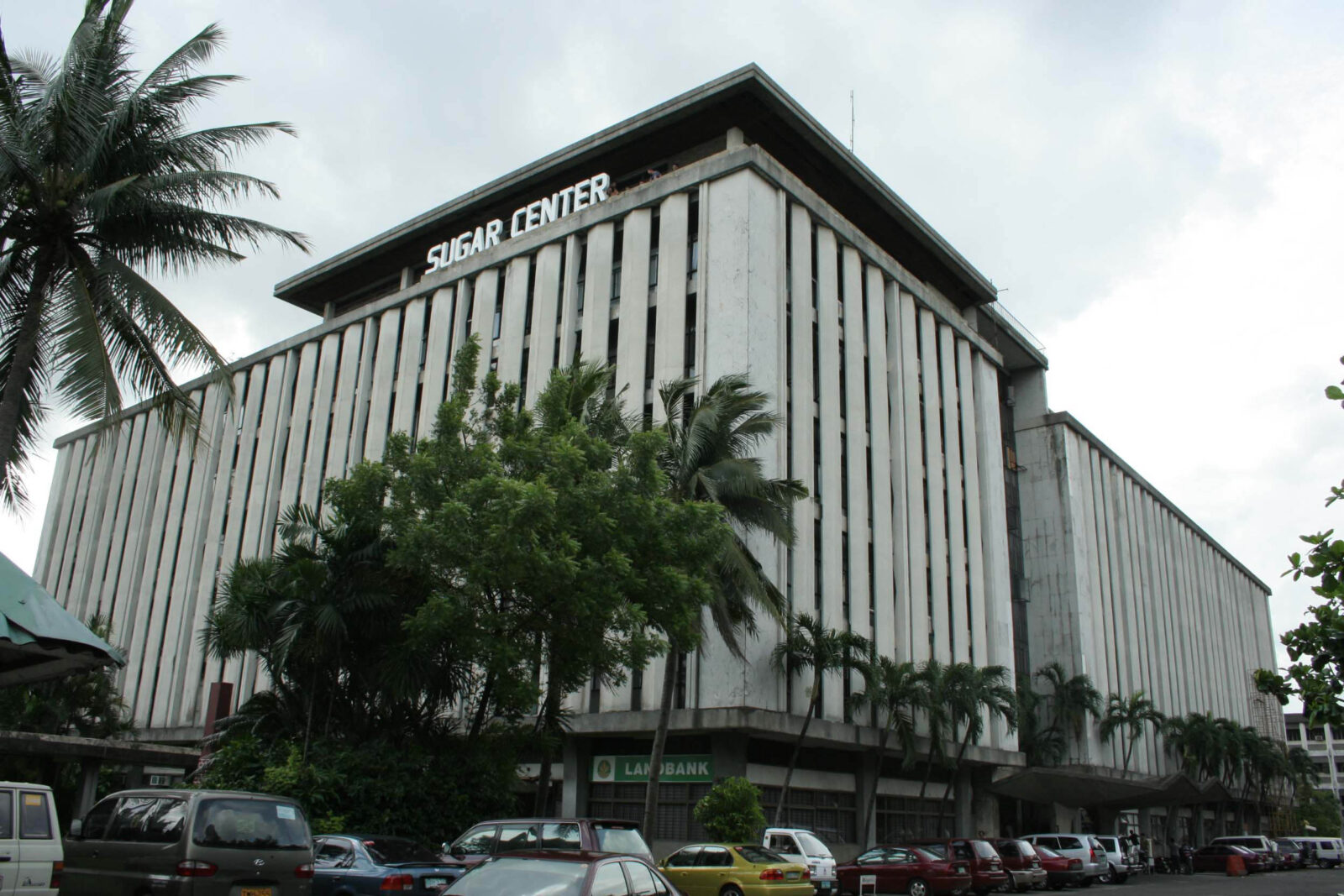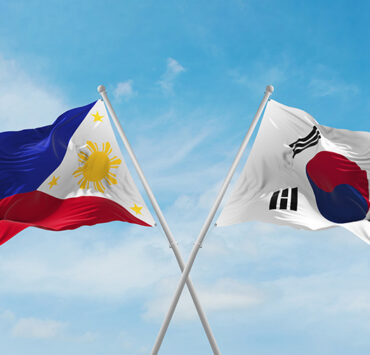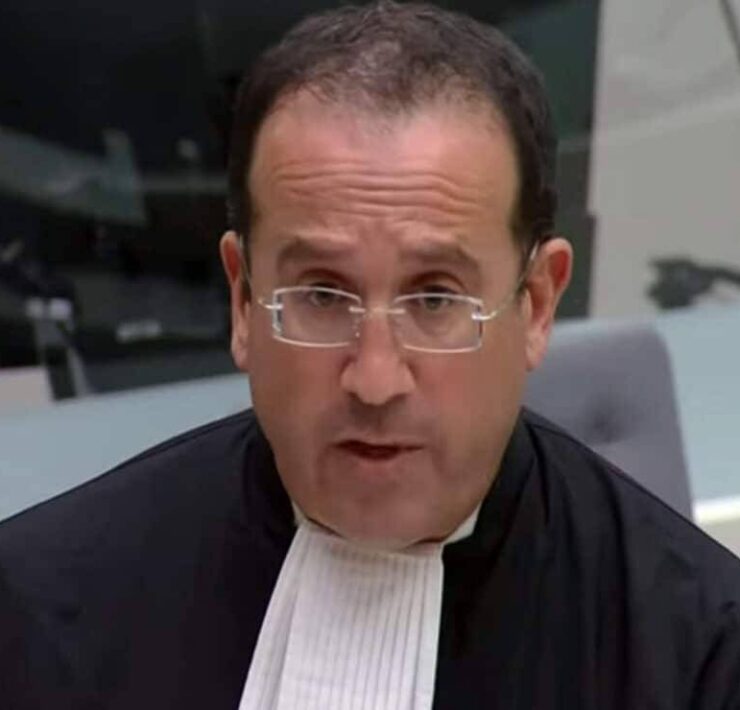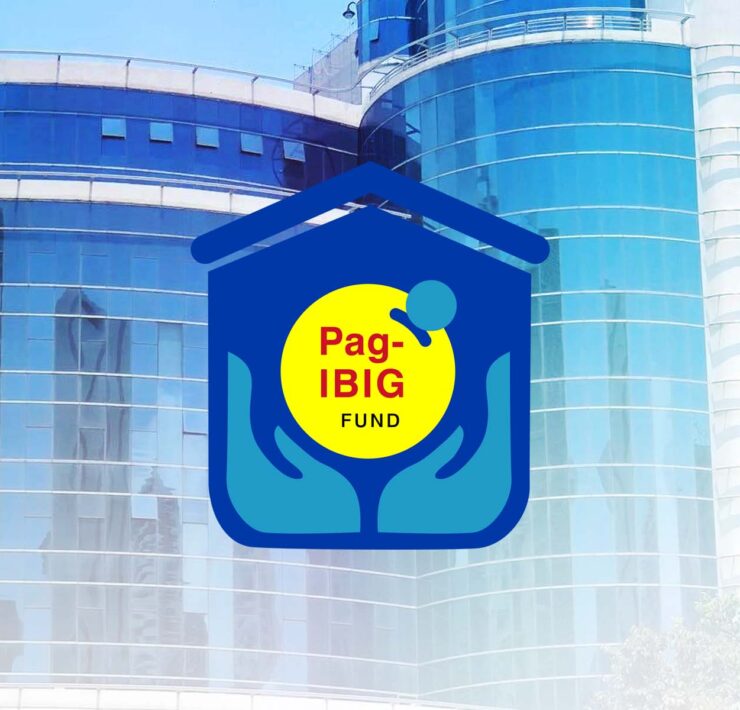SRA jacks up corn syrup import fees

Import clearance fees for high fructose corn syrup (HFCS) has been jacked up to P30 per unit of volume equivalent to 50 kilograms of sugar, a markup of 1,900 percent from P1.50 in a move that the Sugar Regulatory Administration (SRA) said was an effort “to curb the use of artificial sweeteners.”
In a statement on Friday, SRA Administrator Pablo Luis Azcona said the increase was unanimously passed by the Sugar Board last month—August.
This would mean the issuance of what would be Sugar Order No. 4 for the crop year 2023-2024. However, a copy of the order has not been made public as of this writing.
The United Sugar Producers Federation of the Philippines (Unifed), one of the groups that pushed for higher fees, lauded the latest SRA move as this would benefit the local sugar industry.
“It’s been a long time coming. This will encourage them to buy local and not use cancer-causing sweeteners,” Unifed President Manuel Lamata said in a message to the Inquirer on Friday.
Industry lobby
The SRA made this decision after industry group leaders, including Lamata, last month communicated to Agriculture Secretary Francisco Tiu Laurel Jr. their concerns “about the influx of artificial sweeteners into the country.”
Similarly, the Sugar Council as well as the National Congress of Unions in the Sugar Industry of the Philippines wrote a letter to Tiu Laurel, raising the alarm on the importation and use of “artificial sweeteners that could cause the widespread displacement of sugar farmers and sugar farm workers.”
In the statement, Azcona said the SRA had immediately acted on these concerns.
“Thus, while the collection of data on the use of artificial sweeteners is ongoing, we discovered this and decided to immediately raise the SRA fees for HFCS,” Azcona said.
HFCS is made when corn starch is broken down into individual molecules to produce corn syrup, which is pure glucose. Enzymes are then added to the syrup to convert some of the glucose into fructose or sugar that naturally occurs in fruits.
HCFS is used in processed foods and beverages as an alternative to more common sweeteners like table sugar or sucrose.
The SRA first charged HFCS importers P30 per bag through an order issued in February 2017.
The order was based on “complaints from sugar farmers, sugar millers and workers, among others, that the unregulated importation of HFCS displaces the use of locally produced sugar and thereby negatively affects the balance of production, threatens the livelihood of industry workers, and impedes the growth of the sugar industry.”
‘Other sugars’
The SRA also noted that when the clearance fee was reduced to P1.50 per bag a month later, the lower fee was “suspected to partly cause demand for domestic sugar stagnating in the past few years.”
Further, Azcona said the SRA was drafting another sugar order following a meeting held last Aug. 6, during which various industry stakeholders sounded the alarm on the entry of “other sugars” or Tariff Code HS1702.
This international tariff heading refers to other sugars, including chemically pure lactose, maltose, glucose and fructose, and other related commodities.
“This entails requiring importers of items under HS1702 to secure an import clearance from SRA and this has been under board discussion since August,” the SRA head said.
Data from the SRA showed that the demand for raw sugar stood at 1.81 million metric tons (MT) as of Aug. 25, an increase of 3.99 percent from 1.74 million MT in the same period last year.
Of such volume, domestic supply accounted for 1.799 million MT while total imports stood at 5,975 MT.





















